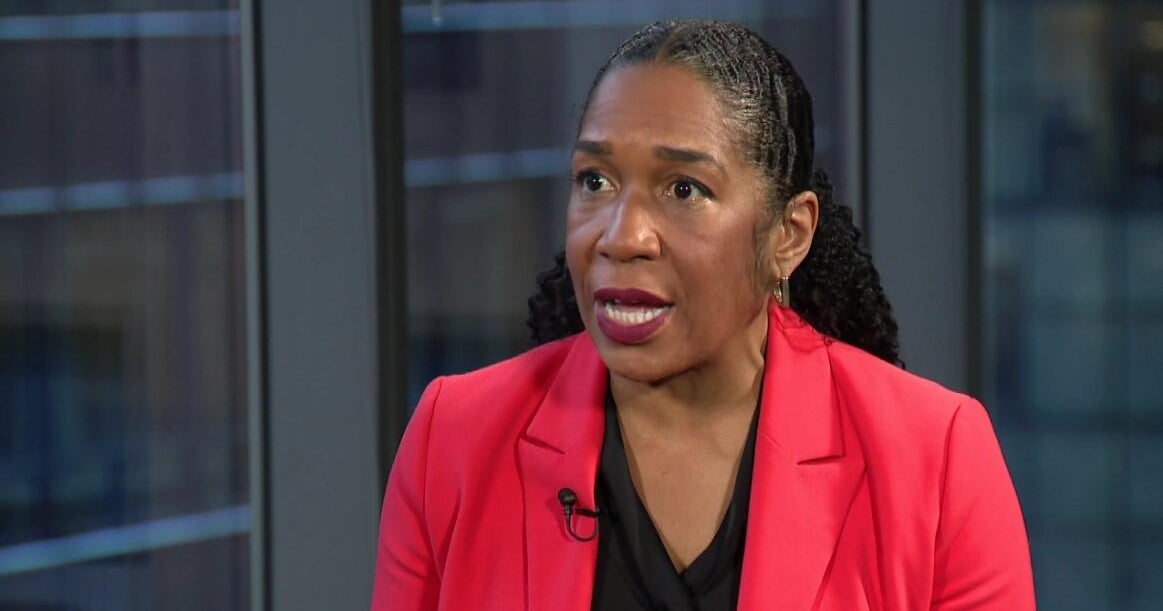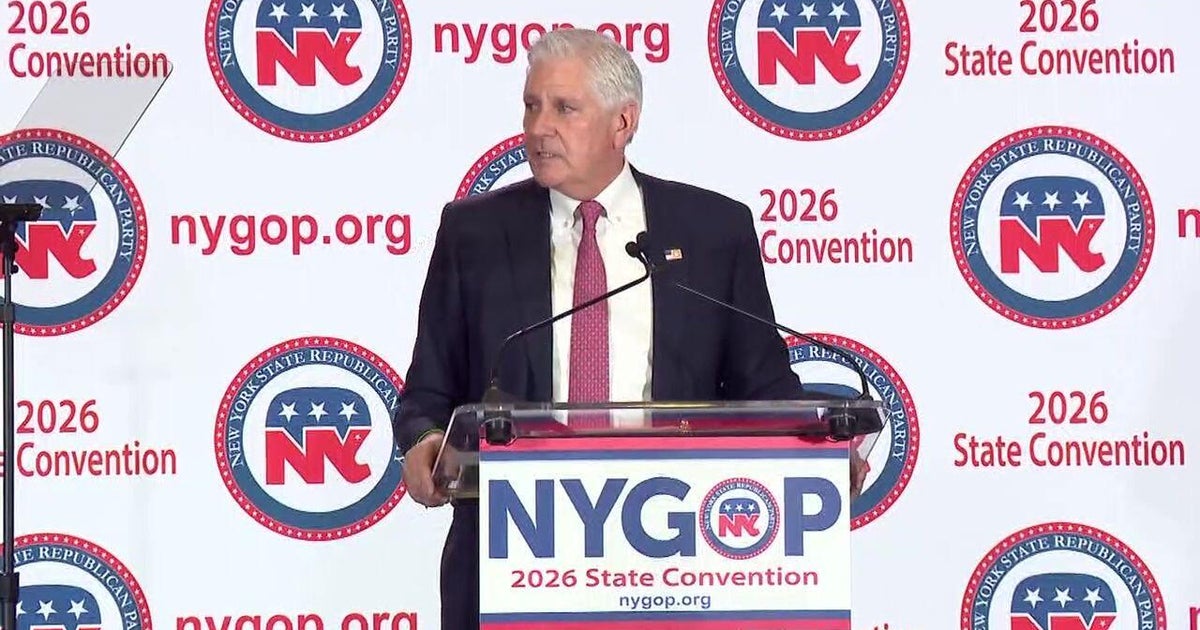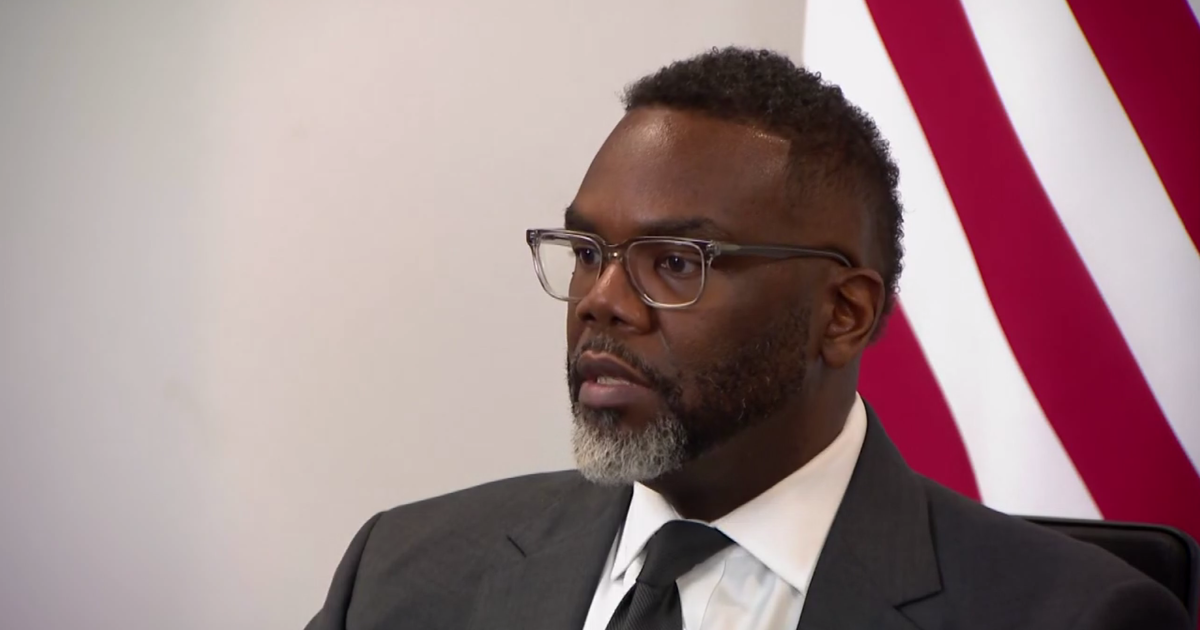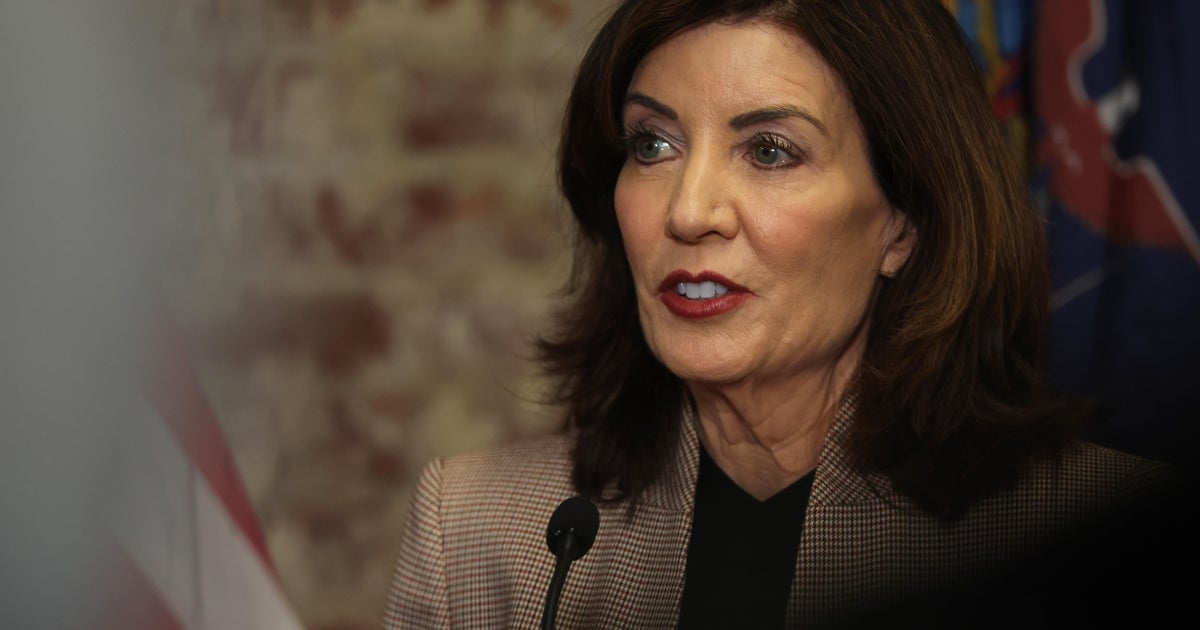Gov. DeSantis pushes ban on diversity programs in state colleges
TALLAHASSEE - Florida Gov. Ron DeSantis on Tuesday announced plans to block state colleges from having programs on diversity, equity and inclusion, and critical race theory.
The Republican governor debuted the proposal as part of a larger, higher education legislative package that is expected to be taken up by the GOP-controlled statehouse when its regular session begins in March.
DeSantis, a potential 2024 Republican presidential candidate, has heavily criticized critical race theory, which examines systemic racism - as well as diversity, equity and inclusion programs, commonly known as DEI.
"That is something extremely dangerous," said J.C. Planas, a professor of state and local government at St. Thomas University, a private institution. He says it's a mistake that Governor DeSantis wants to artificially limit ideas, "If other states are producing better students because they are teaching controversial subjects and they are creating great thinkers other states' universities will be ranked better than Florida."
Critical race theory is a way of thinking about America's history through the lens of racism. Scholars developed it during the 1970s and 1980s in response to what scholars viewed as a lack of racial progress following the civil rights legislation of the 1960s. It centers on the idea that racism is systemic in the nation's institutions, which function to maintain the dominance of white people in society.
"I think people want to see true academics and they want to get rid of some of the political window dressing that seems to accompany all this," DeSantis said at a news conference in Bradenton, adding that DEI and CRT programs would get "No funding, and that will wither on the vine."
At Florida International University, a public university that would be affected by a change in higher education, the governor's proposal did not seem to sit well with many students.
"It's a clear indicator that he does not care about unmarginalized groups in Florida, especially in South Florida," said Mia Rodriguez, whose major is in political science, she feels her degree is one the majors Governor DeSantis is targetting.
Andrea Romeo, a chemistry student at FIU said, "The moment that you put a band to inclusion and to people's creativity to flourish, you're putting a band to the future."
"Let the kids decide, the students decide," responds Plana, who blatantly opposes the idea of legislators deciding what to teach at universities.
In a statement, the governor's office said the proposal "raises the standards of learning and civil discourse of public higher education in Florida" by "prohibiting higher education institutions from using any funding, regardless of source, to support DEI, CRT, and other discriminatory initiatives."
The proposal was expected after the DeSantis administration requested in late December that state colleges submit spending data and other information on programs related to diversity, equity and inclusion, and critical race theory.
The governor is also pushing for education administrators to "realign" courses to provide historically accurate information and to not include identity politics. DeSantis' proposals have not yet been introduced as formal legislation but the GOP-controlled statehouse is often eager to carry out his initiatives.
DeSantis and other conservatives have long argued that critical race theory, and diversity, equity and inclusion programs are racially divisive and discriminatory - and are often cited in criticism of what they often call "woke" ideology in education.
"The legislature should follow what the people say, not what the governor says, and I think it is imperative to act up and call legislators now," said Planas.
Last year the governor signed legislation dubbed the Stop WOKE Act that restricts certain race-based conversations and analysis, in schools and businesses. The law bars instruction that says members of one race are inherently racist or should feel guilt for past actions committed by others of the same race, among other things.
This month the DeSantis administration blocked a new Advanced Placement course on African American studies from being taught in high schools, saying it violates state law and is historically inaccurate.
So far, at least 25 states have considered legislation or other steps to limit how race and racism can be taught, according to an analysis from Education Week. Eight states, all Republican-led, have banned or limited the teaching of critical race theory or similar concepts through laws or administrative actions. The bans largely address what can be taught inside the classroom.







